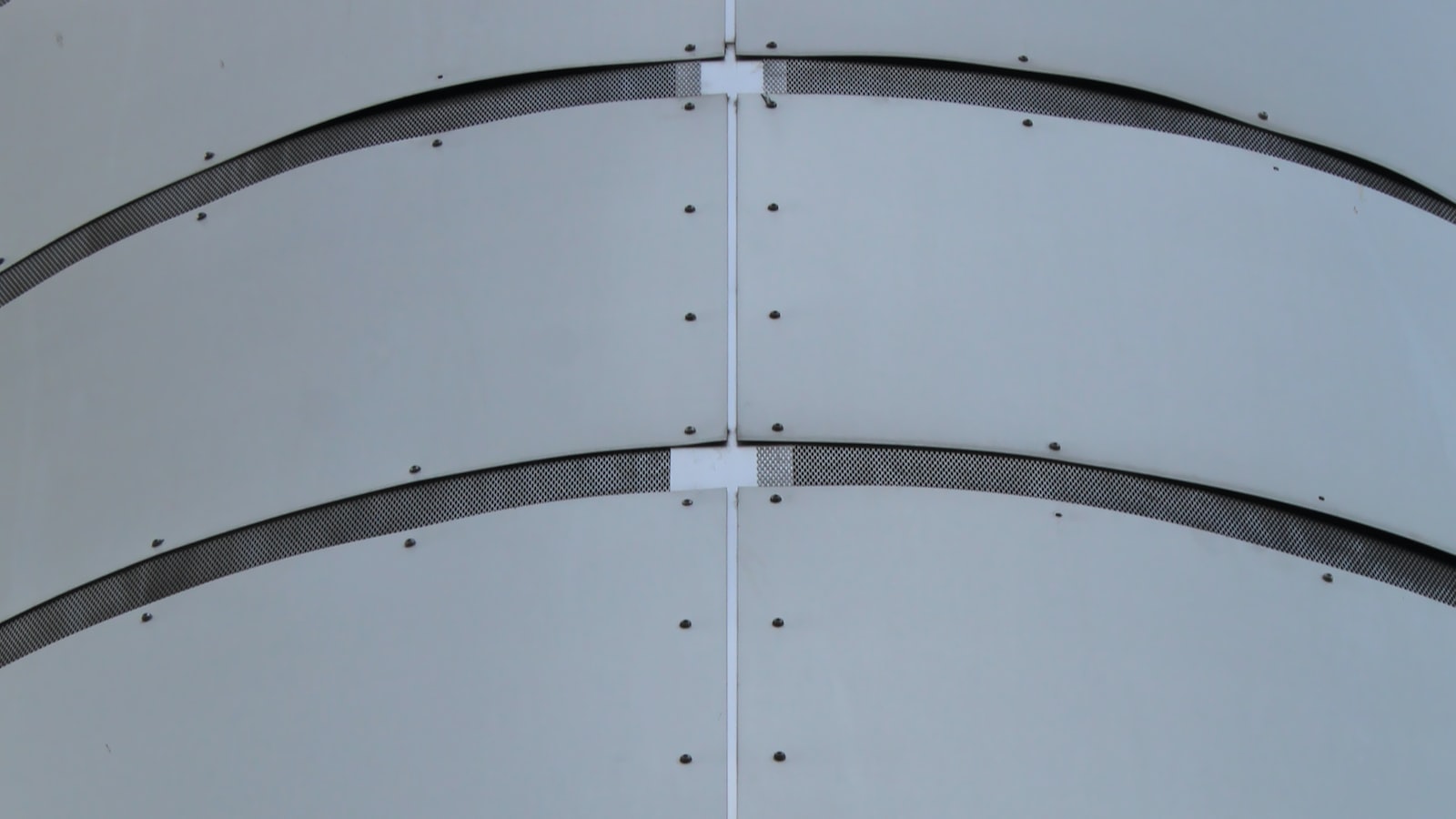By Hazel Shearing
Education correspondent
Image source, PA Media
Students in England, Wales and Northern Ireland will be receiving their GCSE results on Thursday morning.
Results for vocational and technical awards will also be released – though some BTec pupils could face delays.
This is the first year group to have taken GCSE exams since 2019, after two years of cancellations due to Covid.
Overall grades for GCSEs are expected to be lower than 2020 and 2021, when grades based on teachers’ assessments led to a rise in top marks.
But they are projected to be higher than they were in 2019.
Ofqual, England’s exam watchdog, took the decision to reach this “midway point” in the “interests of fairness” to students whose education was disrupted.
Similar plans were put in place for Northern Ireland and Wales.
In Scotland, where pupils received their exam results on 9 August, the pass rate at National 5 level fell to 80.8% – down from 85.8% in 2021.
‘Feeling good’
Callum, who is 16 and studied at the Deanery Church of England High School in Wigan, has big plans after he opens his GCSE results later.
The young footballer has landed an apprenticeship with Wigan Athletic Academy and has already started studying for his Level 3 BTec in Elite Sports.
“I want to do as well as I can just in case the football doesn’t work out – I want to have something to fall back on,” the Year 11 pupil says.
Quietly confident about his results, Callum has a message for his fellow students nervously awaiting their results.
“I think it’s really important to not only worry about your grades, but worry about yourself and worry about your mental health,” he says.
“Make sure you are on top of it because at the end of the day you are going to do better if you are feeling good about it.”
Some BTec Firsts, Technical and Tech Awards students are also due to receive their results on Thursday morning.
But on Wednesday, exam board Pearson suggested that some BTec Level 2 students will not get their results as expected.
Last week, Pearson apologised to BTec Level 3 students after some faced delays in getting their results, throwing university places into doubt.
England’s education secretary, James Cleverly, said pupils “should be incredibly proud of their achievements, especially given the unprecedented disruption they have faced”.
Special measures were introduced for this year’s GCSEs as a result.
The grade boundaries – the number of marks needed for each grade – are more lenient this year than they were before the start of the pandemic.
Pupils also had advance information about exam content, a choice of topics in some subjects, and additional resources in certain exams such as formulae sheets.
However, it was not a smooth process for everybody, and Ofqual criticised exam boards after pupils were tested on topics they were told would not come up, and sat papers containing mistakes.
The percentage of top grades rose significantly between 2019 and 2020, then again slightly the following year.
Grades 7/As and above rose from 20.8% in 2019 to 26.2% in 2020, then to 28.9% in 2021.
Grades 4/Cs and above – which are passes – rose from 67.3% in 2019 to 76.3% in 2020, then to 77.1% in 2021.
The Association of School and College Leaders said the expected fall in grades this year was a result of the changes to assessments, and was “no reflection on the performance of pupils”.
Geoff Barton, its general secretary, said “the vast majority of pupils will be able to take their next step as planned” into further education or training, and advised any students who were disappointed to speak to their teachers.
He added that this week’s results are expected to be “uneven” across different parts of the country, and reflect the varying impact of Covid.
In England, where the GCSE grading system in England changed from letters to numbers in 2018, students need to pass GCSE maths and English with grade 4 or above to qualify for further study.
The expected fall in grades will lead to more compulsory resits of these subjects – which can be carried out alongside those further studies – compared with the last two years.
The same “midway point” marking approach applied to this year’s A-levels.
A-level results released last week – alongside T-level and Level 3 BTec results – showed that the proportion of top A-level grades in England, Wales and Northern Ireland was 36.4%.
That was down from last year (44.8%) but higher than 2019 (25.4%).
Are you having to rethink your plans after getting your results? Do you have questions you’d like answered? Email haveyoursay@bbc.co.uk.
Please include a contact number if you are willing to speak to a BBC journalist. You can also get in touch in the following ways:
If you are reading this page and can’t see the form you will need to visit the mobile version of the BBC website to submit your question or comment or you can email us at HaveYourSay@bbc.co.uk. Please include your name, age and location with any submission.

